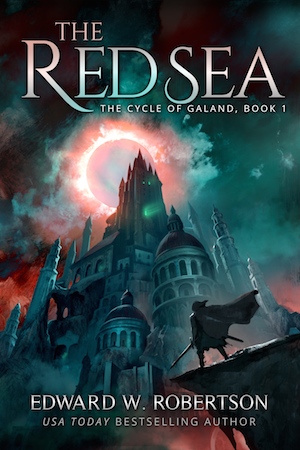So in my last look at the iTunes storefront, I saw that Apple’s bestseller lists appear to be extremely volatile. I guessed that volatility was due to low total sales, meaning just a single sale or two could cause a big swing in your book’s rank. I saw my novella The Zombies of Hobbiton jumping up and down the lists and surmised it was averaging about a sale per day.
Well, a couple weeks ago, Smashwords updated my sales figures. In May, The Zombies of Hobbiton sold 8 copies on iTunes. Wait, what?
On the surface, that makes no sense–it was climbing back up the ranks every single day. Every morning, I’d open iTunes, and I’d see it around #30 in its categories. One morning, #34. The next morning, #35. The one after that, #34. Next day, #34 again. It was almost as if, instead of being boosted by overnight sales, it was just returning to the exact same ranking it had yesterday…oh. Oh, I see.
Before my sales figures came in, I already had a sneaking suspicion of what was happening: Apple’s ranks move around a lot during the day, then snap back to their “correct” ranking every morning. That ranking draws on a very long sales history–at least the last two months, maybe much longer. With low total sales across the storefront (or at least in the category of Science Fiction & Literature), and a long window in which sales are credited towards your rank, you can go days on end without a single sale and still get boosted back to your old rank every morning.
That ranking system of “float freely during the day, snap back every 24 hours” is massively different from the very linear ranking systems I’m used to seeing on Amazon and B&N. But I kind of like it. Snapping back every morning ensures ongoing visibility, while the high volatility during the day allows for books that sell a few copies to fly up the charts and maybe sell a few more.
The other implication here is that iTunes is very sticky. Get a book highly-ranked, and it will be there for a goodly while, leading to regular (if quiet) ongoing sales. But that same mechanism means it’s going to be hard to get sticky in the first place.
That’s all the insight I’ve got for now. But the iTunes storefront is pretty interesting, and while the rewards are significantly lower than doing well on Amazon, it doesn’t seem far-fetched to sell enough copies there to do pretty well for yourself. I’m still not sure what to make of the Select conundrum, but the potential of iTunes and Kobo is really starting to pique my interest.






Leave a Reply